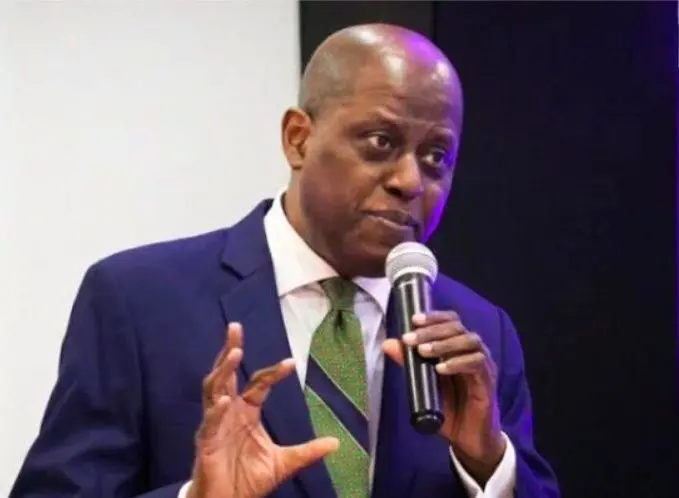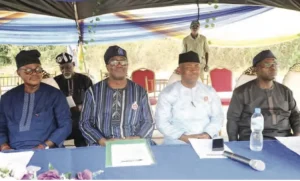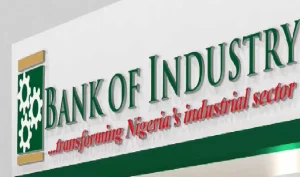
Amidst the challenges of rising inflation and currency depreciation faced by Nigerians, anxiety looms over the country’s economic trajectory as the Central Bank of Nigeria (CBN) deferred its bi-monthly Monetary Policy Committee (MPC) meeting for the second consecutive time. The MPC, established to ensure price stability and support the Federal Government’s economic policies, is the highest policy-making body according to the CBN Act of 2007.
Traditionally held every two months, the September meeting was postponed due to changes in the bank’s leadership following the appointment of a new governor. Although the MPC meeting was expected in November, it did not take place, leaving stakeholders in the financial markets in a state of uncertainty.
Financial analysts, investors, and economists anticipated significant policy decisions, particularly in response to the persistent inflation rate, which rose to 27.33% in October, and the ongoing depreciation of the national currency. The lack of an official statement or explanation from the CBN regarding the meeting’s postponement has raised concerns and increased economic uncertainty.
While sources within the central bank suggest that the MPC is mandated to convene a minimum of four times, and having met this quota for the year, another meeting is not obligatory, financial sector operators express reservations about the potential negative impact on critical investment decisions. Postponements of key meetings, they argue, contribute to heightened uncertainty and risk within the economy.
Dr. Muda Yusuf, CEO of the Centre for the Promotion of Public Enterprise (CPPE), emphasized the importance of effective communication about the reasons for the postponement to prevent further economic uncertainty. He highlighted that MPC meetings provide crucial insights into monetary policy, guiding domestic and international investment decisions.
Nnamdi Nwizu, Co-Founder of Comercio Partners, echoed concerns about the lack of a new scheduled date, stating that the uncertainty generated by the situation negatively affects market operators. Investors, in particular, are left in limbo, waiting for clarity on the monetary policy direction from the CBN.
Economist and investment strategist Ayorinde Akinloye expressed bewilderment over the decision to postpone the MPC meeting, suggesting that it adds an additional layer of uncertainty to an already challenging economic environment. He emphasized that this postponement could prolong the period of uncertainty regarding the monetary policy stance.
Despite varying perspectives on the implications of the MPC meeting’s postponement, stakeholders uniformly underscore the importance of clear communication and transparent decision-making processes to mitigate potential adverse effects on Nigeria’s economic landscape.







